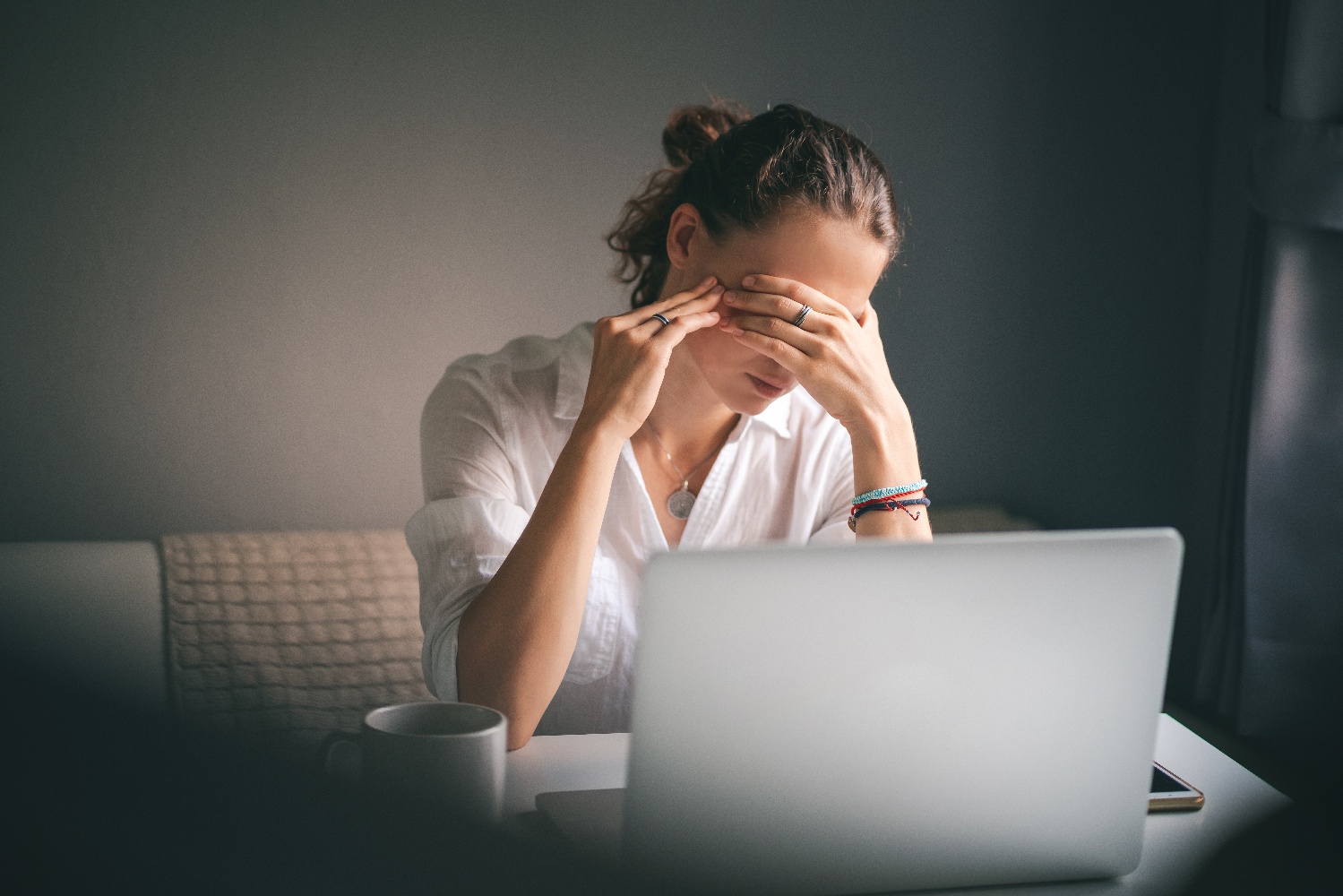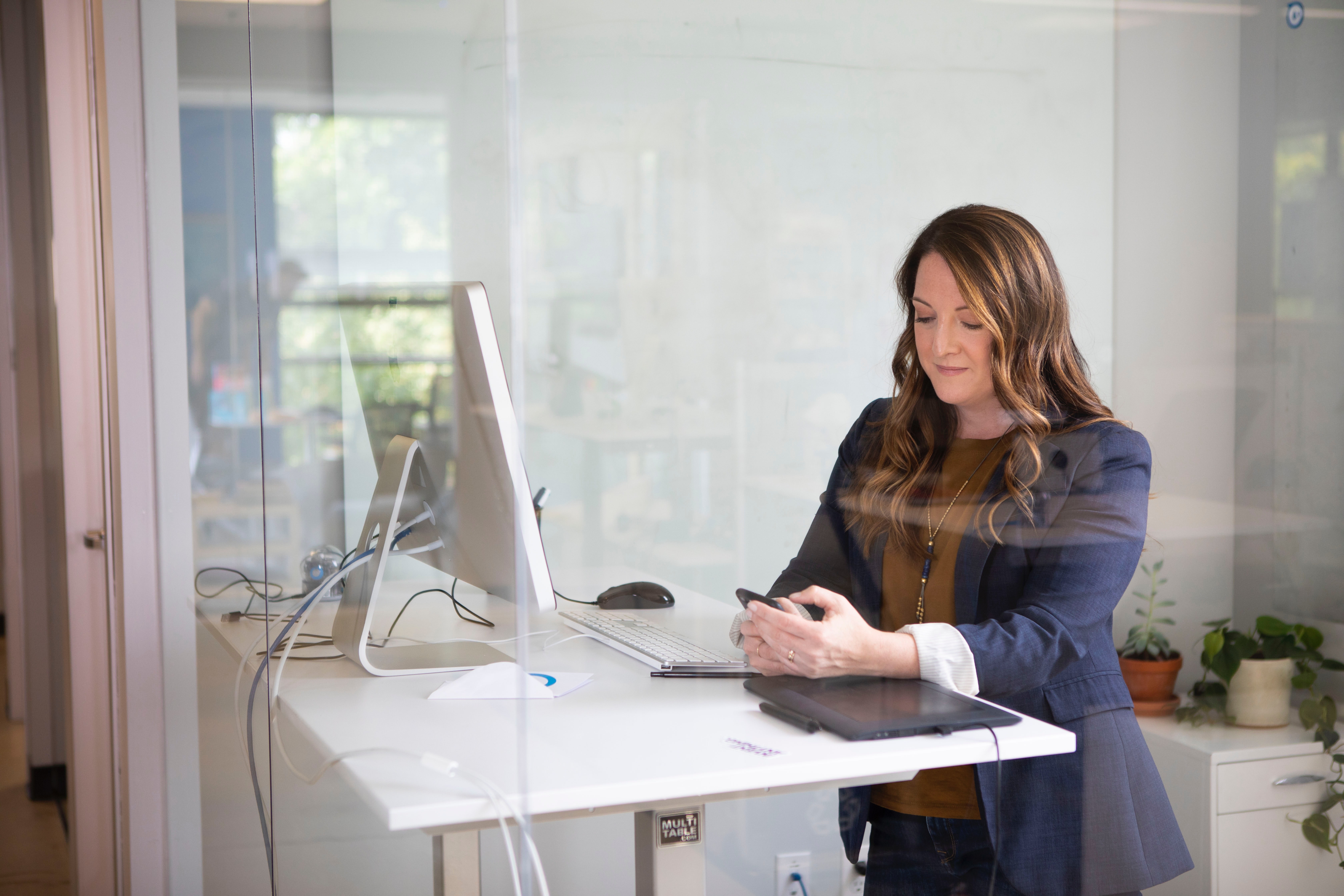- Valor Performance Blog
- More Than Vacation: How to Effectively Manage Burnout
More Than Vacation: How to Effectively Manage Burnout
Even during “normal times” the daily grind of work can run us down into the ground. This feeling is further underscored in our current climate, leaving many of us longing to take off on a vacation, or even settle for a “stay-cation” that has become a popular alternative during these pandemic times. As tantalizing as that sounds, a vacation may not be the best way to recover and get back to efficiency in work and in life.
No doubt, it’s fabulous to go on vacation. It feels freeing to unplug from your world, take on less responsibility, decompress, and enjoy a break from the energy-draining monotony and pesky daily hassles of life. Imagine right now what you would be doing on your vacation. Sitting on a sunny beach with your toes in the sand? Hiking in the mountains surrounded by awe-inspiring nature? Sitting in a comfortable chair engrossed in a good book? Or just some glorious nothingness for an extended period of time? Whatever your idea of relaxing is, one thing is constant: Vacations sure feel good.
Now, imagine that first day back at work. (Sorry to bring you back down so quickly.) The emails waiting to be read. The work that didn’t get done. The new project that popped up. A fire you weren’t around to put out. A week removed from vacation and you feel as drained—if not more drained—than you did before you left. You might think, “Maybe that vacation wasn’t worth the trouble I now have to deal with at work.”
First off, vacations are worth it. We need those big breaks to recharge our batteries. We need extended time to spend with friends and family. We need to go after personal goals at least as much as professional goals. Vacations give us that opportunity.
That said, vacations do not solve our day to day challenges. Vacations do not prevent work-related stress. Vacations, while stress-relieving, are not a long term solution for more significant issues like burnout.
So, what is the solution?
I had a conversation with a leader in an organization recently. She conveyed she felt a bit stuck and anxious doing things she typically wouldn’t have an issue completing. Her confidence waned specifically at work, and generally she was worn out. I asked her, “So what do you do for fun?” After a long pause, she began talking about family things and some of the stuff she wanted to accomplish around the house. She went on talking for about three minutes, all the while not answering my question. I looked at her sincerely and asked her, “Do you remember what question I just asked you?” With a look of wonder, she replied, “I have no idea.”
We tried this exercise again but she still struggled to answer the original question. Turned out, she neglected her needs and interests for so long, she struggled to even think about what she actually might want to do!
She used to enjoy walks with friends and working out. Now she found herself staring at a computer, stuck in the writing process, feeling drained, spiraling into self-doubt and ruminating about her future. Vacations may feel like the right answer but many in the workforce need more sustainable solutions.
Herein lies the problem: Too often we rely on long vacations, or even weekends to recharge our batteries. These are great, but not sustainable, especially during a pandemic where we have limited opportunities. Long breaks swing us in one relaxing direction only to be swung way back into the thick of what seems to be limitless work. Brief, more frequent breaks throughout the day, even if it’s a minute, prevent the yo-yo energy pattern and provide sustainable energy.
Here are 3 steps to sustainable recovery with or without vacations:
- Redesign your day with a plan for recovery. My client admitted she writes best after moving around. As a result, she began to plan her walks immediately prior to times when she knew she would need deep focus on writing.
- Have self-compassion. Work and life are busier than ever, it’s ok to feel run down. My client committed to accepting the feelings she had and replacing them gratitude each night before she went to bed.
- Utilize the power of breath. The busiest days often don’t leave time for even a 10-minute walk. But there is ALWAYS time to breathe deep. At Valor, we call it the “secret weapon” and have an audio script to specifically teach you how to recover real energy just by taking a few deep breaths.
We all find ourselves, at one time or another, in this run-down state which can lead to deteriorating confidence and poor focus. And the solution is not just saying positive things to yourself. If your workload is high and you aren’t taking breaks, no level of positive thinking will endure over the long haul. And there is no vacation luxurious enough to fix the habits that are leading to your run-down state. The key to productivity is balance. By tending to and valuing your personal needs and utilizing daily recovery routines, you’ll achieve the goals you’ve set for your professional and personal life.


